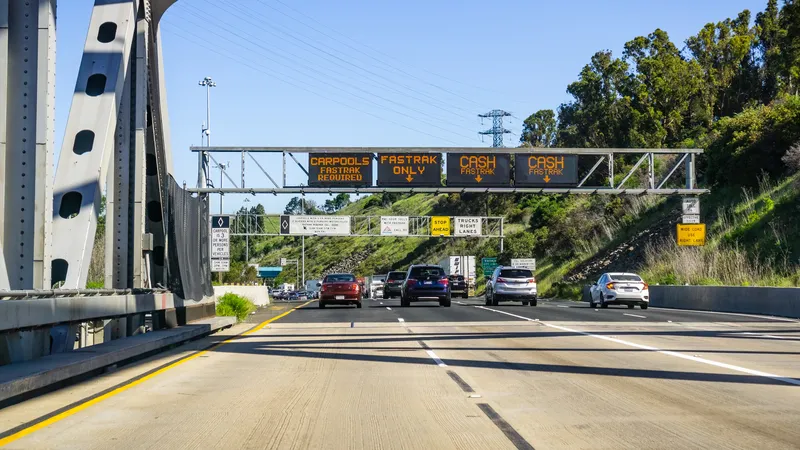Grand River Transit (GRT) has awarded New Flyer Industries Canada (NFI) with a contract for 39 Xcelsior clean diesel forty-foot, heavy-duty buses, and nine Xcelsior clean diesel forty-foot, bus rapid transit (BRT) heavy-duty buses. The purchase supports scheduled vehicle replacement and has been made through the Public Transit Infrastructure Funds.
December 22, 2017
Read time: 1 min
Grand River Transit (GRT) has awarded New Flyer Industries Canada (NFI) with a contract for 39 Xcelsior clean diesel forty-foot, heavy-duty buses, and nine Xcelsior clean diesel forty-foot, bus rapid transit (BRT) heavy-duty buses. The purchase supports scheduled vehicle replacement and has been made through the Public Transit Infrastructure Funds.
This deal also supports the construction and expansion of GRT’s rapid transit network consisting of light rail and ION (“going” in Greek) bus rapid transit.
Paul Soubry, president and chief executive officer of NFI, said: "We are proud to support fleet rejuvenation for Grand River Transit, as well as the introduction of BRT buses to its ION transportation network. GRT has exemplified leadership in helping to grow the Canadian public transportation footprint, and we commend them on an innovative, multi-modal expansion in the southern Ontario region."









